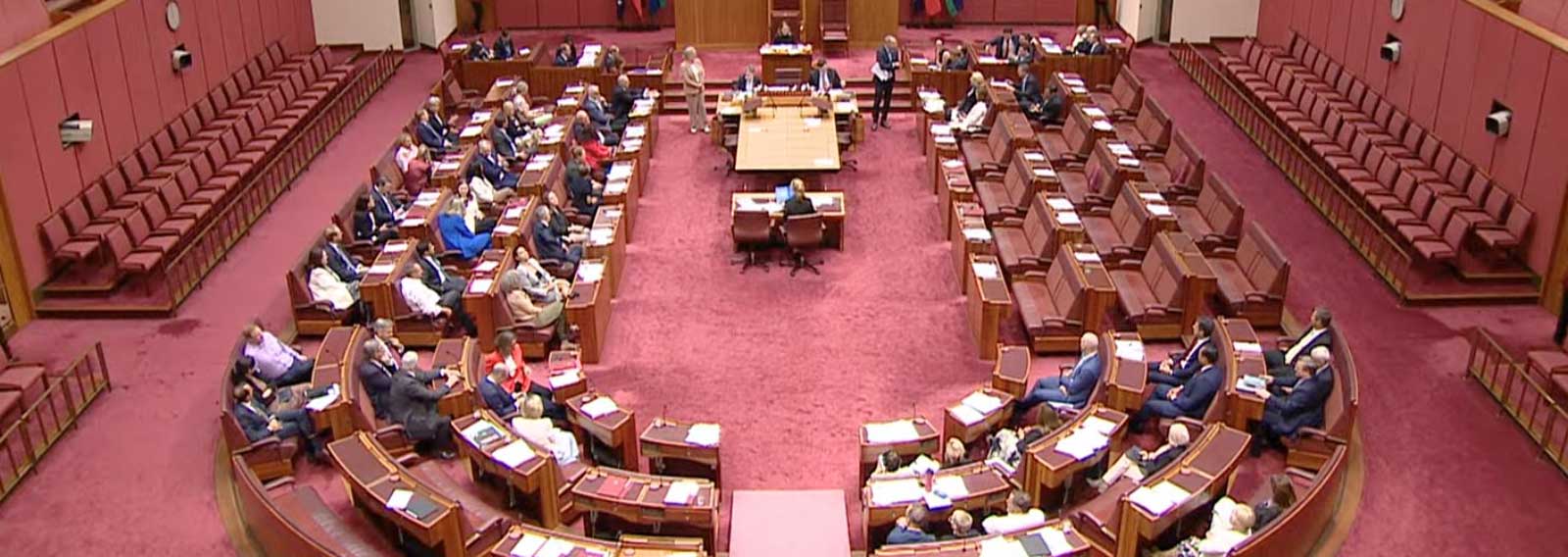Here in Australia, we live in a society that does not have an agreed set of ethics, and thus we live in a place where there is great diversity in personal morality. There are many who celebrate this as an important achievement of ‘egalitarianism’ in a maturing ‘liberal democracy’.
And there may be kernels of truth in this. Of course, we do not want people killed for having different beliefs and living according to their beliefs.
But is there a tipping point? I believe the answer to that is “No”, and “Yes”. I believe there is no tipping point that outdoes God – His will, will be done. But there is a tipping point in the lives of many people when we live together in direct contrast – nay, direct opposition – to how we are made to live.
I learnt the importance of that phrase – “how we are made to live” – in my counselling psychology work. There was a young adult in tears in front of me. I was tearing up with her. When she asked why, I said, “Your pain makes sense.” Her quizzical look told me she needed more information. So, I responded with, “You are not made to live this way – this way of pain that you are in.”
I left it there – but the concept brought fuller tears, and an openness to explore what alternatives there might be for her life.
I believe the same dynamic can apply to a group of people – a tribe, a broader community, and a nation. Pain increases when we live differently to how we are made to live. The journey back starts with surrendering our self-sufficiency. Many authors have tackled this issue of course, from Augustine’s City of God and many since then, to our current times.
But the need for admitting that self-focussed solutions are terrible for relationships seems more pertinent, day by day, in my home nation. On the one hand, we have been relatively successful in creating a multi-ethnic country. But neglect of understanding where our core values come from is leading to a fracturing. That is because of the mistake in the dominant ‘multiculturalism’ logic. It has not been discerned that values are derived from beliefs, and beliefs reflect in what we put our faith. And Australia is now a very multi-faith society.
Again, that is not necessarily problematic, and it has not been in the first half of my almost seventy years. But I could see fractures starting even fifty years ago. It started with a romanticist belief in the inherent goodness of all people, and that it was society that brought the pain. Therefore, all we needed was to keep playing with the social order and that overwhelming goodness would bring us all together.
This is simply ignorant. As Solzhenitsyn reminded us, good and evil runs through the heart of all of us, individually and collectively.
Equally as ignorant in this fantasy is the lie that says faith doesn’t matter. But it does, because core beliefs can differ, and thus, sometimes, different beliefs drive us to different values. Sometimes those with different beliefs can have common values – like when my feminist colleagues would call on me as a Christian to support their initiatives to protect children more.
But this is obviously not true for all aspects for life. If it were, then one’s faith and beliefs would be meaningless. That is where we are now at in Australia – we have faith and belief systems that are sometimes incompatible with each other. For example, one value of utmost importance is the basis for universal respect. It is easily observable that certain faith systems (from Peter Singer’s absolute materialism) to faiths that have caste systems (categories of worth according to some birth identifier – like ‘Dalits’ in India, or ‘oppressive males’ in some of the West) – do not believe in universal respect. This was part of the shock when Tom Holland started researching his work on the creation of the Western mind [i]. What was more shocking to him, initially, was how harsh were and are those systems of belief outside of the Judeo-Christian faiths.
Many of our leaders in Australia today are stubbornly ignorant of these aspects of life. They try to live outside the core beliefs of the Bible (like our current Prime Minister who would not take his oath on it), but then are confused when people do not stay respectful to each other.
What are people of faith to do in these contexts? Authors such as Rod Dreher [ii] and Os Guinness [iii] have reflected in fine detail some options that are available and are well worth reading.
I suggest an even more basic starting point – the prophet Jeremiah’s direction to the Jews who were going into a foreign country that had thoroughly different faiths and beliefs. [iv] The word in this passage, for praying for the ‘welfare’ or ‘peace and prosperity’ of the host nation, rings true increasingly for Jews again in my nation, but also increasingly for Christians.
One Bible commentator [v] has given a salient description of the uniqueness of this passage, and perhaps can give those of Christian Biblical faith some insight into responding to some of the distressing events of our times:
- The instructions are unique in the literature of antiquity – and I suggest, are unique still for today’s West;
- “The exiles were to settle in Babylon and live normal lives there, even praying for their captors (c.f. Matt 5:43)” – will people of Christian faith continue to live according to their ‘normal Christian life’, but also graciously pray for their ‘captors’?
- “…they were to settle down in Babylon and even work and pray for its peace and prosperity. Otherwise, their influence would be negligible and their exile all the more galling.” – in what ways are Christians contributing to helping the broader world understand how we are made to live? Are we committed to engaging in ways to be salt and light, preserving the good of the Creator, and showing others what that is like?
Of course, we also live at a time when attacks against Jews as Jews is on the increase again. Nationally, in their homeland, they are defending their country. But in other places, like here, they are seeking peace as part of an accepting society. But with radically different faith and belief systems, what will this look like?
I suggest we ought to pray and observe this development carefully. These changes may, as the Jeremiah commentator suggested, be a rehearsal for Christians as well.
[i] Holland, T. (2019). Dominion: The making of the Western mind. Abacus
[ii] Rod Dreher (2017) – The Benedict Option: A strategy for Christians in a post-Christian nation. New York, New York: Sentinel Books [And] Dreher R (2020) Live Not By Lies: A Manual for Christian Dissidents. Sentinel
[iii] Guinness, O. (2021) The Magna Carta of Humanity: Sinai’s revolutionary faith and the future of freedom. IVP
[iv] Jeremiah 29:5-7
[v] Charles L Feinberg in Vol. 6 of The Expositors Commentary – Gaebelein. FE, (Gen Ed), Regency Reference Library, 1986 – pp. 553-4





















